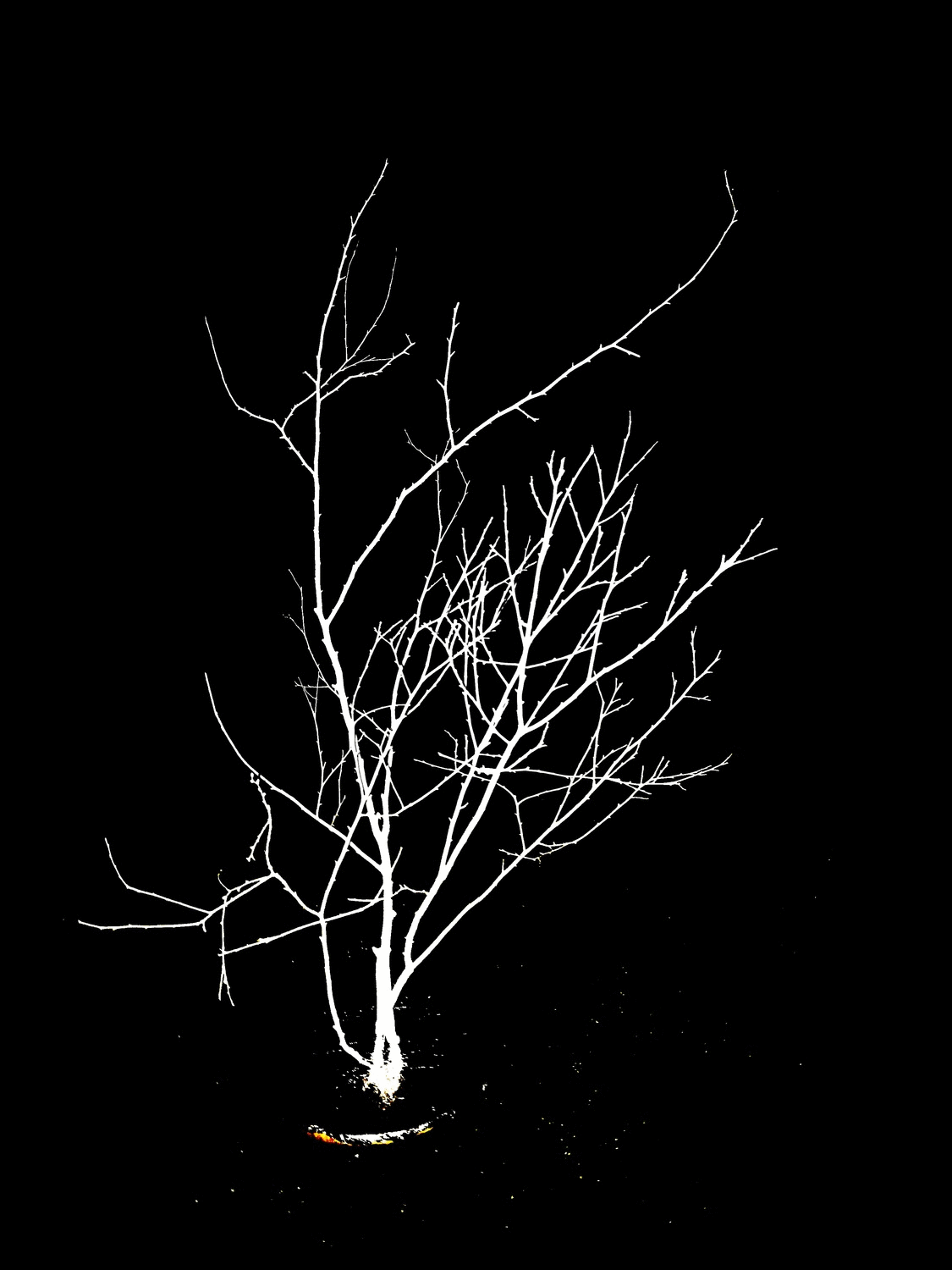Art and Environmental Practices
Course Description:
The Anthropocene is an informal geologic term that refers to the ways in which human activities have dramatically impacted and altered the Earth's ecosystems. In deep geologic time it can be said that humans have only recently appeared on the scene (a minute before midnight if we compress history into a single day) and yet the implications of our actions are vast. Species extinction, water issues, ‘natural’ disasters and climate change all point to what Félix Guattari states in The Three Ecologies, “there is at least a risk that there will be no more human history unless humanity undertakes a radical reconsideration of itself.”
This course takes an arts-based approach toward issues of the Anthropocene, exploring the relationship between human, ecological and technological landscapes. Felix Guattari’s ideas of ecosophy will provide the foundation as we first survey the pioneering work of artists in the 60’s and 70’s and then move on to examine the ways in which contemporary artists are utilizing and sometimes misusing emerging technologies in order to address ecological concerns. Taking divergent approaches these artists examine the complexities of how we engage our environments and the resulting social, political and ecological implications of how one constructs meaning.
